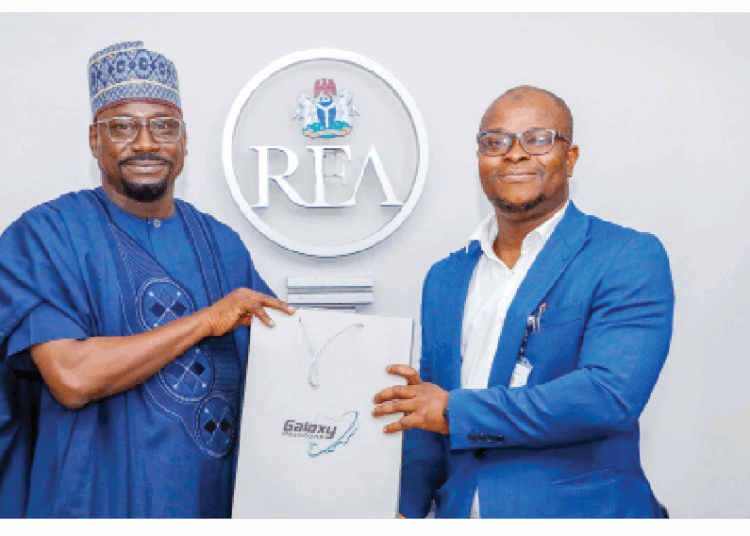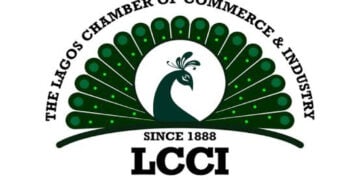The Galaxy Backbone (GBB) Limited and the Rural Electrification Agency(REA) have signed a landmark Memorandum of Understanding (MoU) to drive digital connectivity and renewable electricity across rural communities nationwide.
The agreement, forged between the two agencies of government on Friday in Abuja also aims to deliver sustainable power and broadband infrastructure to underserved areas.
At the MoU signing in Abuja, managing director/CEO of Galaxy Backbone, Professor Ibrahim Adeyanju, described the collaboration as a transformative step toward building a digitally empowered and inclusively connected Nigeria.
“For us, this is not just a significant MoU- it’s a landmark moment. Digital transformation cannot happen in isolation. It must be supported by reliable, sustainable energy systems, especially in underserved and rural areas,” Adeyanju said.
He noted that the convergence of digital technology and renewable energy would accelerate access to public services, education, and economic opportunities.
Key initiatives under the MoU include: Deployment of solar energy systems at Galaxy Backbone’s Tier 3 and Tier 4 data centers in Abuja and Kano.
Another key initiative is the expansion of broadband access to university hostels through the “Fiber-to-Hostel Initiative,” in collaboration with the Federal Ministry of Communications, Innovation and Digital Economy.
Provision of small-scale solar systems in hostels to support the fiber rollout is also part of the initiative as well as implementation of the “Project 774 Digitisation” initiative, which will power connectivity infrastructure in local government areas using solar technology—starting with six pilot LGAs.
Adeyanju emphasised the broader significance of the project: “This is about ensuring no community is left behind. The future of governance lies in digitally connected, sustainably powered institutions.”
He commended REA’s track record in deploying renewable energy solutions to remote communities and praised the agency’s role in empowering small businesses, educational institutions, and healthcare facilities through off-grid solutions.
Managing director of the Rural Electrification Agency, Abba Abubakar Aliyu, described the initiative as a bold step toward realising President Bola Ahmed Tinubu’s vision for a $1 trillion economy.
“This partnership is planting the seed to unlock a $25 billion economy,” Aliyu said, adding that “the lack of electricity and associated digital infrastructure costs Nigeria billions annually. This MoU shows how government institutions can collaborate to drive national development.”
Aliyu highlighted that over 80 million Nigerians still lack access to electricity, a figure that contributes directly to financial exclusion and digital disconnection.
To address this, he pointed to the $750 million renewable energy fund recently secured by the Federal Government—the largest public sector renewable energy financing initiative globally—which is expected to catalyse an additional $1.1 billion in private sector investment. The funding will electrify nearly 20 million Nigerians, he said.
“Electricity is the foundation for digital growth, financial inclusion, and innovation. This partnership will not only light up communities but connect them to opportunities,” Aliyu added.
Both agencies affirmed their commitment to fast-tracking the implementation of the MoU and scaling the model nationwide.





